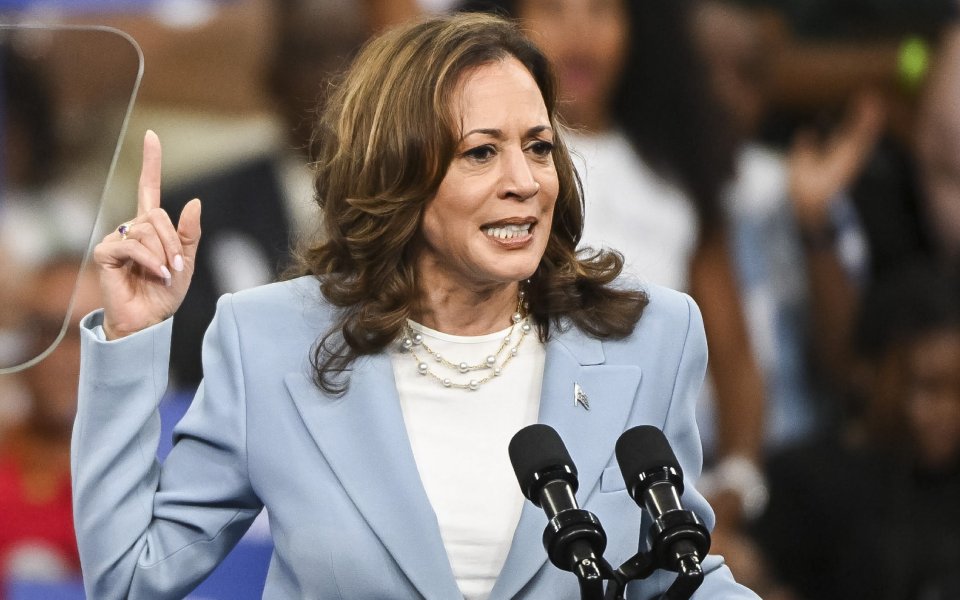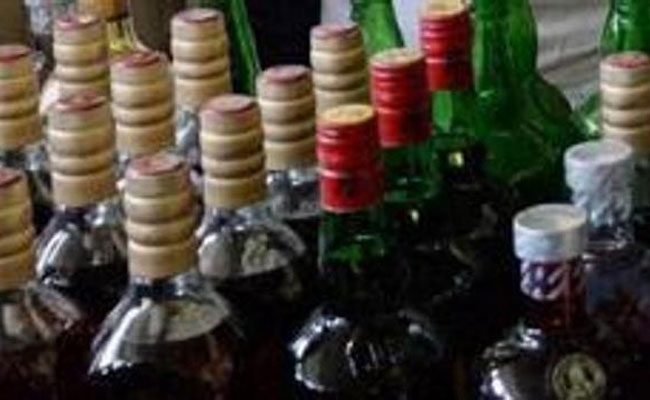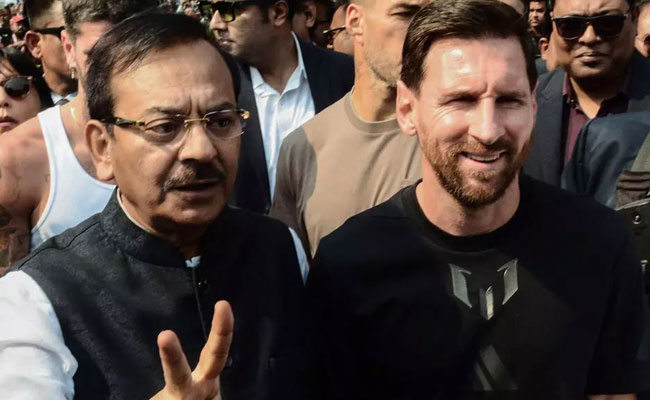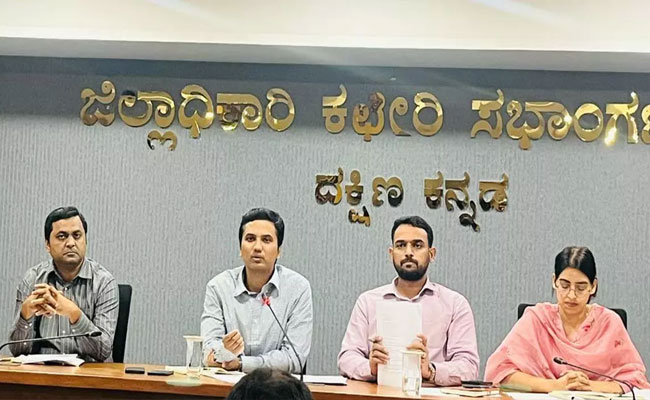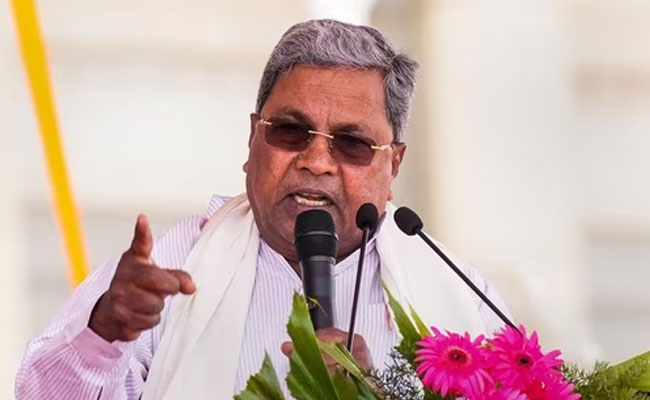Washington, Aug 2: US Vice President Kamala Harris, who is of Indian and African heritage, was declared the 2024 presidential nominee of the ruling Democratic Party on Friday after she won enough votes from Democratic delegates in a virtual roll call.
Harris, 59, would face Republican presidential candidate and former president Donald Trump, 78, in the general elections scheduled to be held on November 5.
"I am honoured to be the Democratic nominee for President of the United States. I will officially accept the nomination next week. This campaign is about people coming together, fuelled by love of country, to fight for the best of who we are,” Harris, who was abruptly thrust into the role of presidential candidate late last month after President Joe Biden withdrew from the race for the White House, said.
A step away from breaking the last glass ceiling of the United States, Harris became the first ever woman of colour to be on the top of a presidential ticket of a major American political party. She is also the first ever Indian American to be nominated as presidential candidate of either the Republican or the Democratic party.
“I am so proud to confirm that Vice President Harris has earned more than a majority of votes from all convention delegates and will be the nominee of the Democratic Party following the close of voting,” Democratic National Committee chair Jaime Harrison said after the end of a virtual roll call of votes from the elected delegates across the country.
Harris’ mother, Shyamala Gopalan, was Indian and her father, Donald Jasper Harris, is Jamaican; both immigrated to the US.
Harris will be officially accepting the nomination once the virtual voting period is closed next week. She will ceremonially accept it at the Democratic National Convention in Chicago on August 22. Over the next few days, she is likely to announce her running mate.
“We love our country. We believe in the promise of America, and that's what this campaign is about. Of course, I will officially accept your nomination next week, once the virtual voting period is closed. But already I'm happy to know that we have enough delegates to secure the nomination," she said.
"Later this month, we will gather in Chicago, united as one party, where we're going to have an opportunity to celebrate this historic moment together,” Harris said in a phone call with the delegates soon after she secured enough delegates to win the nomination.
Harris said this campaign is “about all of us coming together, people coming together from every walk of life, every lived experience, and being renewed by our love of country, knowing that we are prepared to fight for the best of who we are”.
“The beauty of our democracy is we, each, every one of us, has the power to answer that question, and that is why I say and know the power is with the people," she said.
Harris said, "We are going to win this election, and it is going to take all of us, whether it is making calls, connecting with our communities, engaging online, or even talking with people where we go every day, whether it be to the grocery store, our church, we are going to talk together.”
Let the Truth be known. If you read VB and like VB, please be a VB Supporter and Help us deliver the Truth to one and all.
Belagavi (Karnataka) (PTI): The Karnataka Excise Department has conducted a statewide crackdown on illegal liquor trade over the last two years, resulting in arrests and seizures of alcohol, Karnataka Excise Minister R B Timmapur said on Tuesday.
As many as 1,09,017 people were arrested, and seizures included 13.66 lakh litres of liquor and 27.19 lakh litres of beer, he said in a written reply to a starred question by Harihar BJP MLA B P Harish in the Karnataka Assembly.
The Minister said the enforcement drive covered the financial year 2023–24, 2024–25 up to June, and 2025–26 from July to October, targeting unauthorised liquor manufacture, storage, sale and transportation across the State.
"During this period, statewide enforcement drives resulted in a total of 1,84,570 raids against illegal liquor sales,” Timmapur said.
ALSO READ: BJP accuses Karnataka govt of 'failing' to prevent noise pollution caused by 'azaan'
He noted that 9,179 non-bailable cases and 91,968 bailable and compoundable cases under Section 15(A) of the Karnataka Excise Act, 1965, were registered during the same period.
According to him, there have been no reports indicating that students have become addicted to alcohol due to illegal liquor sales.
The sale of alcohol to minors is strictly prohibited under the Karnataka Excise Act, 1965, and the department has issued periodic instructions to initiate legal action against violators, with strict enforcement and investigation measures in place, the Minister said.
Excise officials are carrying out regular road and night patrols, collecting intelligence, monitoring habitual offenders and conducting raids to identify illicit distillation units, unauthorised liquor outlets and spurious liquor manufacturing centres, he said, adding the department is also enforcing the law to prevent the production, storage, sale and transport of spurious, non-duty-paid and unauthorised liquor.
Regular patrols are being conducted on national and state highways, with suspicious vehicles being subjected to checks.
At the district level, standing committee meetings are held under the chairmanship of Deputy Commissioners, and joint operations are carried out with the police and forest departments to curb excise-related offences.
The department is also conducting awareness programmes through Gram Sabhas and in schools and colleges to educate the public and students about the physical, mental and social health hazards associated with alcohol addiction and substance abuse, Timmapur added.

